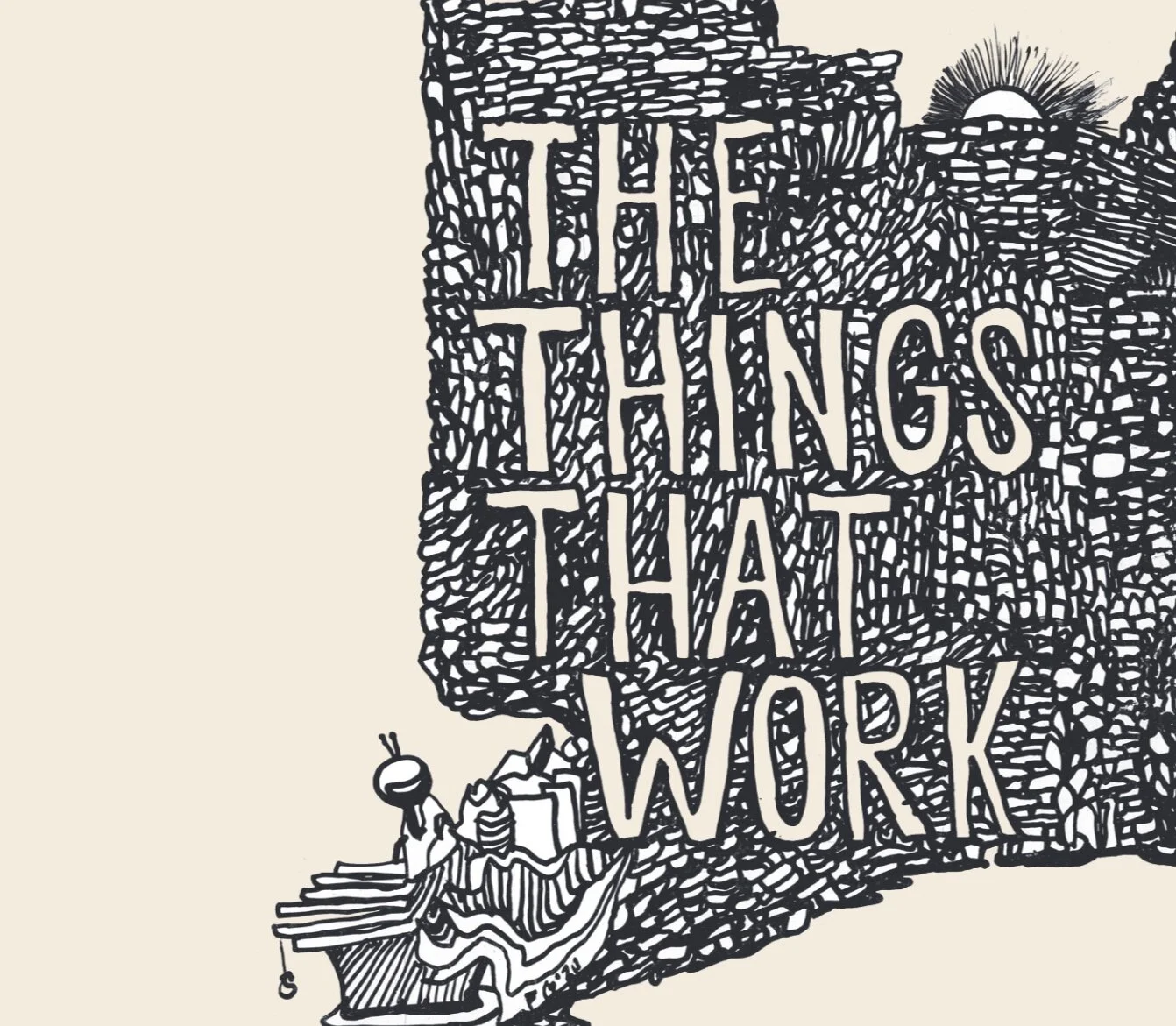Positive Deviance (PD) is based on the observation that in every community there are certain individuals or groups whose uncommon behaviors and strategies enable them to find better solutions to problems than their peers, while having access to the same resources and facing similar or worse challenges.
The Positive Deviance approach is an asset-based, problem-solving, and community-driven approach that enables the community to discover these successful behaviors and strategies and develop a plan of action to promote their adoption by all concerned. Learn more →
35
years
65+
countries
30,820,000+
lives impacted
The successful application of the PD approach has been documented in more than 65 countries in nutrition and a variety of other sectors from public health to education to business. If you would like to use the PD approach in your community or organization, please see the resources in How to Get Started →
USAID/Positive Pathways/Democracy International, Jamaica partnered with the Village Initiatives Foundation (Jamaica) to implement Positive Deviance (PD) in a Jamaican community long stigmatized for such issues over nine months. This marks the first application of PD to youth violence prevention in the Caribbean region. Led by Dr. Khadijah Williams, Research Consultant and trained by Professor Arvind Singhal of the University of Texas, El Paso, the research team (comprising community researchers), embarked on a groundbreaking journey to “flip the script.”
Researchers tried to find out which conditions and circumstances in life stories of young people from marginalized Roma communities (MRC) are supportive and lead to success in formal education.
This is a story of a young man, who had been studding social work – master´s degree when I first met him. Currently he is director of a community centre in the Roma settlement, where he grew up. So, he has decided to stay and help Roma people from his community to overcome obstacles connected with formal education and other social problems.
The Stanford d.school’s K12 Lab is focused on obliterating opportunity gaps in K-12 education by helping schools apply a design thinking approach to messy, complex, systemic problems that impact their students. When former d.school fellow Marc Chun was introduced to positive deviance and discovered a process intuitive and ripe for application across under-resourced K-12 schools struggling with systemic problems. The Positive Deviance for Educators project was born.
In this project, the stories of domestic violence and abuse in Moldova and Serbia from Geronto housewives and the elderly, respectively are highlighted by researchers in Belgrade.
This publication highlights “approaches that work" in facilitating the integration of Roma minority into the majority population of Slovakia with examples from four different villages.
Watch how PD Israel uses the Positive Deviance approach and edutainment to address child abuse in Bedouin society.
Researchers use the Positive Deviance approach to try to find out which conditions and circumstances in life stories of young people from marginalized Roma communities (MRC) are supportive and lead to success in formal education.
To receive Positive Deviance news in your inbox, sign up for our email newsletters
Scroll to the bottom of any page of our website and enter your name and email address in the “Newsletter” box.









